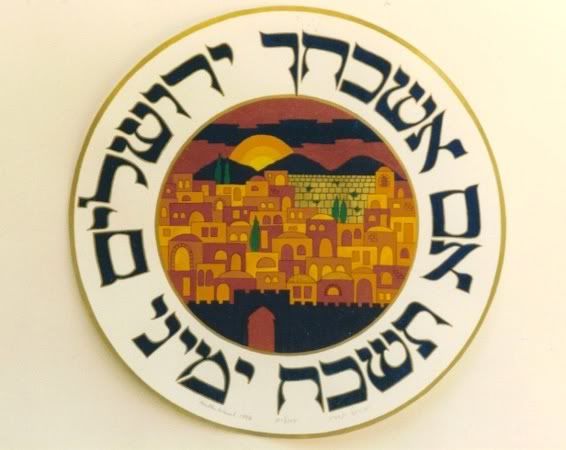There is a machloket among the meforshim as to whether the detail given regarding the mishkan had a specific purpose. The two sides basically fall between the Abarbanel, who states that they must have a more important meaning than the pshat, and the Rambam, who believes that the specific details are just that - the blueprints for the more important part, the mishkan - and that we shouldn't try to understand each minutiae.
Nechama Leibowitz's comments in "Terumah 4" present both sides and give supporting evidence and other meforshim who agree with each. In my view I find the opinion of Abarbanel more convincing. It seems to me that if the minutiae meant nothing then why include them? The Torah spends very little time explaining the lives of the avot and goes in to great detail here (and other mitzvot). We have a Torah sh'baal peh to help us understand what is not written down - it seems that God did not want us to forget the detail.
The Midrash Raba on Parshat Terumah begins by saying that v'yichu li - take for me - as opposed to v'yitnu - give to me - means that we have the ability to acquire God through talmud torah. By contributing to the building of the mishkan we are acquiring Hashem. The midrash goes on to describe a parable about a King and his daughter's new husband who wants a room in the new couples house to stay close to her. The midrash says that this is similar to the purpose of the mishkan, that we need to build a place for Hashem so that he can be close to the Torah (the daughter). According to this Midrash asu li mikdash does not just mean build for me a mikdash, but rather as a plea to us - when we learn Torah we are giving Hashem a place to dwell. Talmud Torah is not just a necessary endeavor in the life of a Jew but is k'neged kulam the greatest venture we can take.
The building of the Mishkan has a purpose, in fact it has multiple purposes, to continue the revelation at Sinai, to give korbanot, to make atonement for our sins, but the primary purpose that we built the mishkan and it didn't just fall from the sky was so that we could work for it, to toil in the details. That in order to make a makom for God on earth we must strive and toil to make it perfect, it's an allusion to our selves. In order to make ourselves godly - kadosh - we must make a concerted effort to get there.
Subscribe to:
Post Comments (Atom)

No comments:
Post a Comment